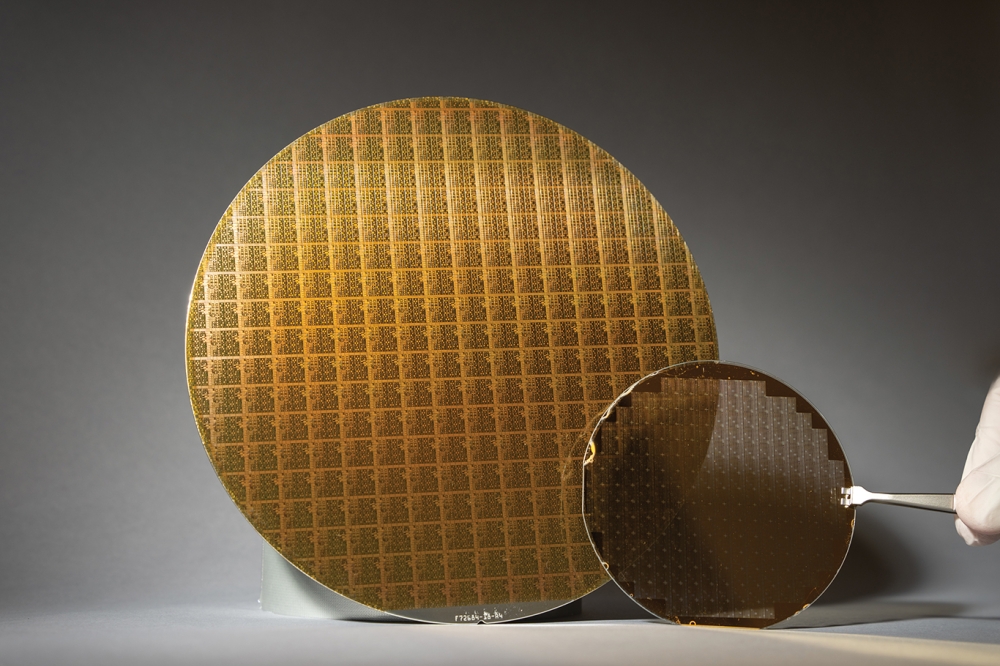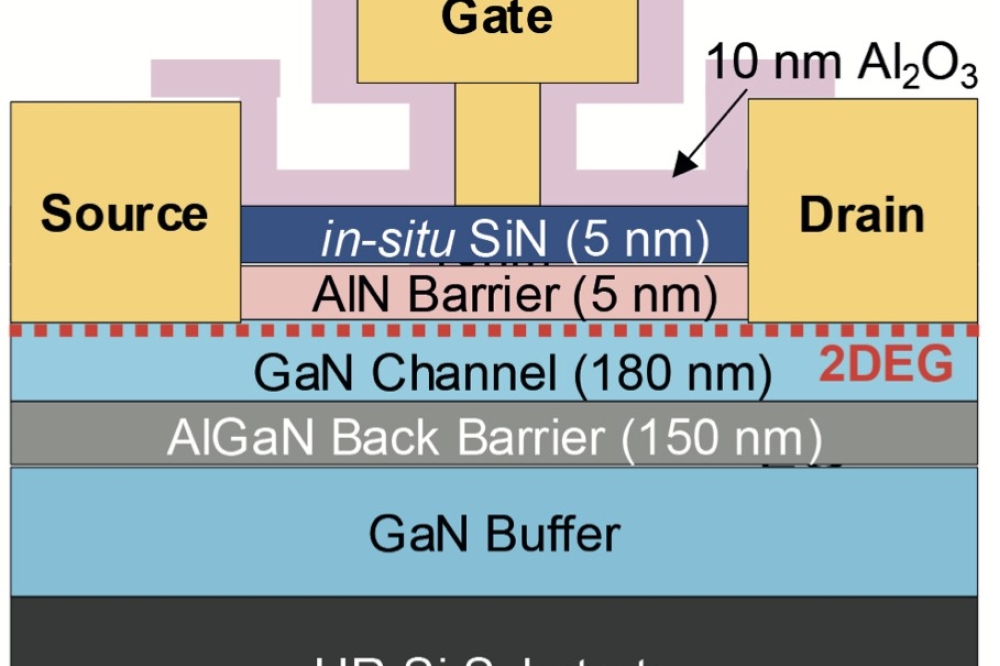Denso and Flosfia to Develop Next gen Power Semis

Denso Corporation, one of the world's largest automotive suppliers, and Flosfia, a tech startup spun from Kyoto University, are partnering to develop a next-generation power semiconductor device based on gallium oxide, that is expected to reduce the energy loss, cost, size and weight of inverters used in electrified vehicles (EVs).
Through the joint development project, the two companies aim to improve the efficiency of EV power control units, a key to drive widespread EV use, and usher in a future of safer, more sustainable mobility.
In addition to the joint development partnership, Denso has acquired new shares issued by Flosfia in its Series C funding round.
Shizuo Fujita at Kyoto University pioneered the application of corundum structured gallium oxide (α-Ga2O3) for use in semiconductors. α-Ga2O3 semiconductors are said to provide superior performance to other semiconductors on the market.
These semiconductors have a wide bandgap of 5.3 eV and high electric breakdown field strength, meaning they can better withstand high voltage applications. α-Ga2O3 will replace today's current silicon and SiC power semiconductors and help further develop the technologies that make tomorrow's electrified vehicles a reality.
Since 2007, Denso has provided power control units (PCUs) for hybrid and electric vehicles. PCUs use an inverter to control the power supplied from the battery to the motor generator. To use electric energy more efficiently, energy losses during the DC to AC conversion by the inverter must be reduced, and so Denso is conducting R&D on low-loss power semiconductors.


































